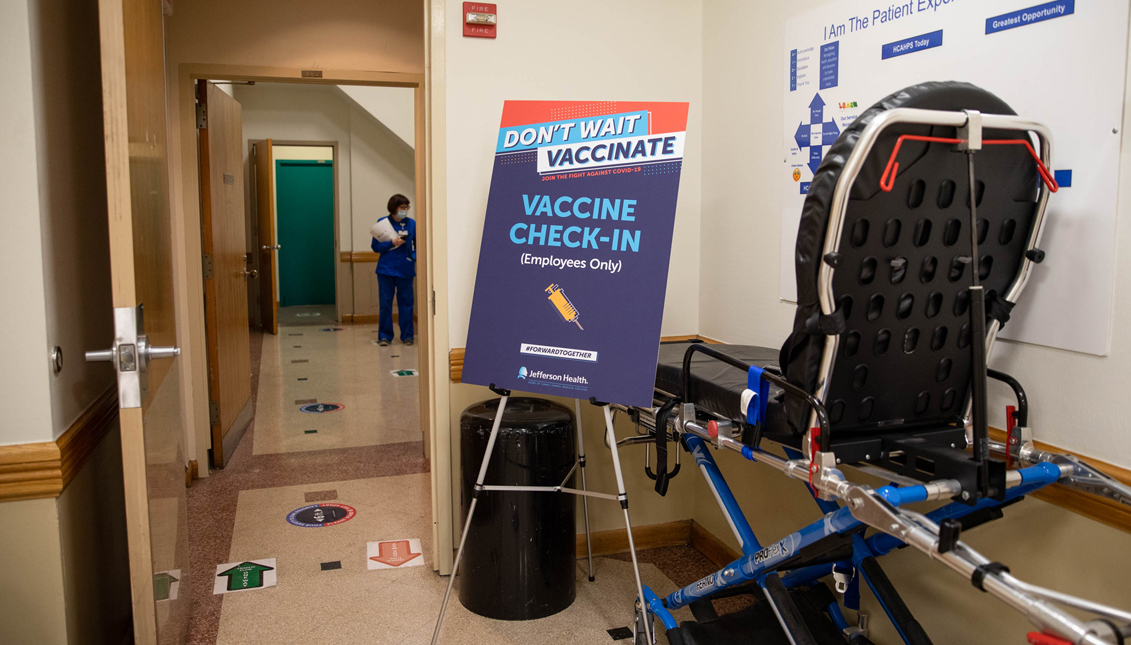
Philly is slowly reducing inequities in its COVID-19 vaccination efforts
An analysis of city data from Billy Penn shows that Philadelphia’s targeted approach to vaccine distribution is showing results in reducing inequities by zip code.
The strategy includes the opening of neighborhood vaccine sites, the six days of walk-ups for residents of 22 codes in need, and the launch of mobile vaccination clinics, as reported by the Philadelphia Inquirer.
In Philadelphia, like much of the country, residential discrimination and exclusion to professional opportunities has intertwined income, race and ethnicity. This has been reflected in lower vaccination rates in communities of color, which have been the ones most impacted by the pandemic.
The predominantly Latinx and poor 19124 and 19134 zip codes, which include Juniata and Kensington respectively, the rates of vaccination have nearly doubled from less than one in 10 on March 10 to around 1.2 in 10 on March 22, according to Billy Penn.
Those numbers match the about 12% of Latinx Philadelphians than have been vaccinated so far.
The launch of a vaccination site at Mastery Charter Simon Gratz High School in Nicetown-Tioga and potentially at Esperanza’s campus in Hunting Park will also continue the trend of positive results.
The racial and ethnic gulf remains large, but its gradual narrowing is a step in the right direction.
Ending the COVID-19 pandemic will require continued equity pushes in the coming months.
In the process, an honest conversation about historic injustice in the medical establishment has been opened due to the pandemic and the subsequent vaccination effort.
CONTENIDO RELACIONADO
As a result, more Americans are now familiar with the horrific deliberate infection of Black men with syphilis as part of the ‘Tuskegee Experiment’ in the 1930s and the forced sterilization of Puerto Rican women in the mid-twentieth century.
Both of these ethical failures from a profession with a clear and ancient oath to do no harm to patients have fostered a profound distrust that will take decades of work to dissolve.
This well-founded skepticism has likely led to some vaccine hesitancy.
However, a growing number of experts have questioned whether the focus on this conversation has distracted from whether reduced rates of vaccination in Black and Latinx communities in the days following FDA approval of the Pfizer-BioNTech and Moderna vaccines are a result of inequitable distribution first and foremost.
The data is showing that people that Black and Latino Philadelphians are willing to get vaccinated, more often than not, when there is access and direct culturally sensitive outreach.
Please remember to fill out the vaccine interest form on the health department’s website to be informed as soon as a vaccine becomes available for you and your family.










DEJE UN COMENTARIO: